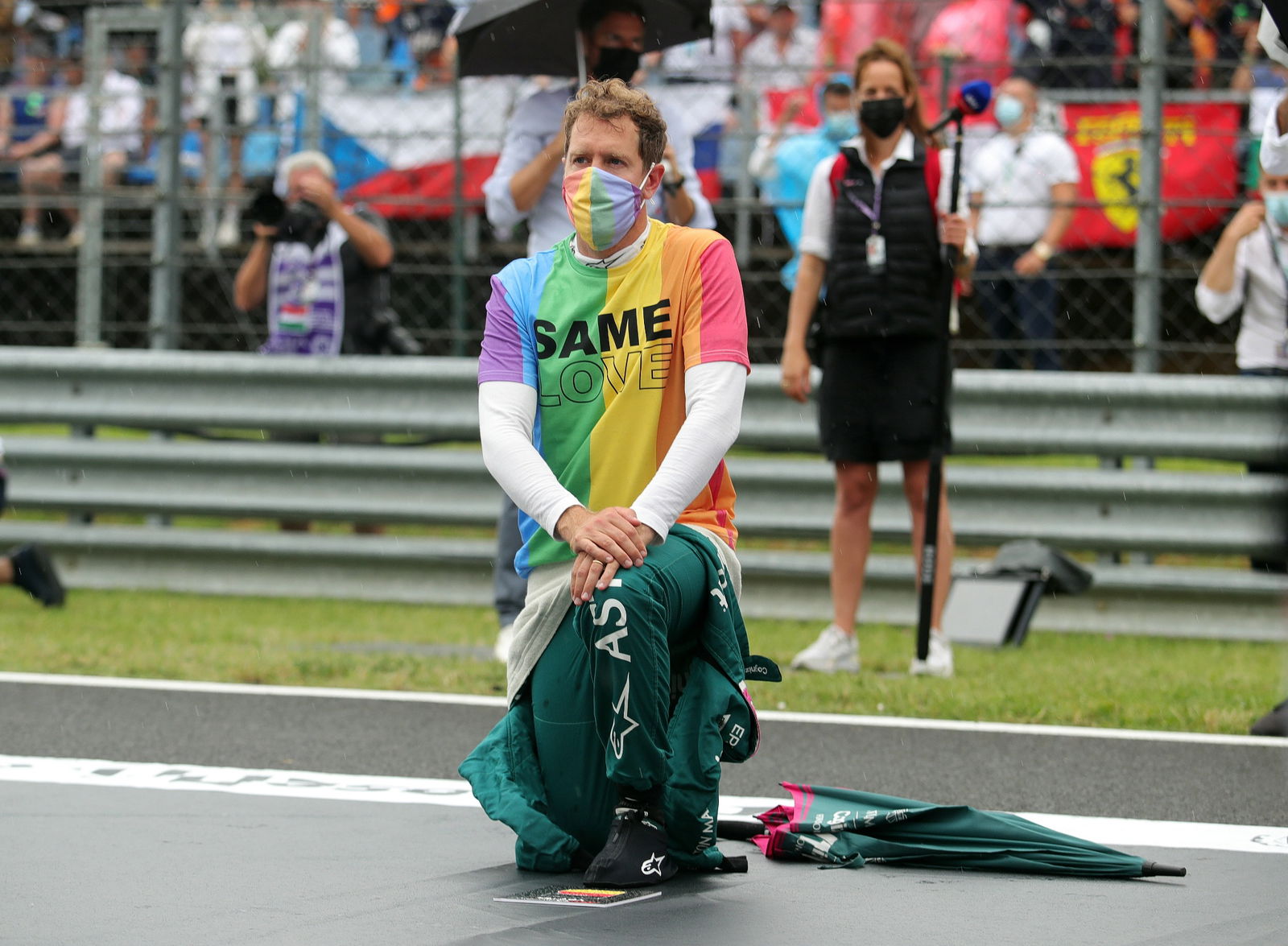FIA bans F1 drivers from making ‘political’ statements without permission

F1’s governing body has updated their International Sporting Code which applies to all motorsport series it governs.
The change comes after a growing trend in recent years, with Lewis Hamilton and Sebastian Vettel most notably wearing t-shirts with messages on them before and after races.
The new rule states: "The general making and display of political, religious and personal statements or comments notably in violation of the general principle of neutrality promoted by the FIA under its Statutes, unless previously approved in writing by the FIA for International Competitions, or by the relevant ASN for National Competitions within their jurisdiction."
Drivers have also been advised “failure to comply with the instructions of the FIA regarding the appointment and participation of persons during official ceremonies at any Competition counting towards a FIA Championship” will be a breach of the regulations and could potentially result in a sporting penalty.
At the 2020 Tuscan Grand Prix, Hamilton wore a t-shirt with the message: “Arrest the cops that killed Breonna Taylor”.
Hamilton wanted to voice his support for the Black Lives Matter movement after Taylor was shot multiple times and killed by police officers who had entered her home in March 2020.

More recently at the 2021 Hungarian Grand Prix, Vettel was reprimanded after wearing a ‘Same Love’ t-shirt, in support of the LGBTQ+ community.
Earlier this year, Vettel continued to push his environmental concerns in Canada, sporting another t-shirt which read: "Stop mining tar sands – Canada's climate crime".
Despite the new ruling, the FIA has insisted they: “shall promote the protection of human rights and human dignity, and refrain from manifesting discrimination on account of race, skin colour, gender, sexual orientation, ethnic or social origin, language, religion, philosophical or political opinion, family situation or disability in the course of its activities and from taking any action in this respect.”


